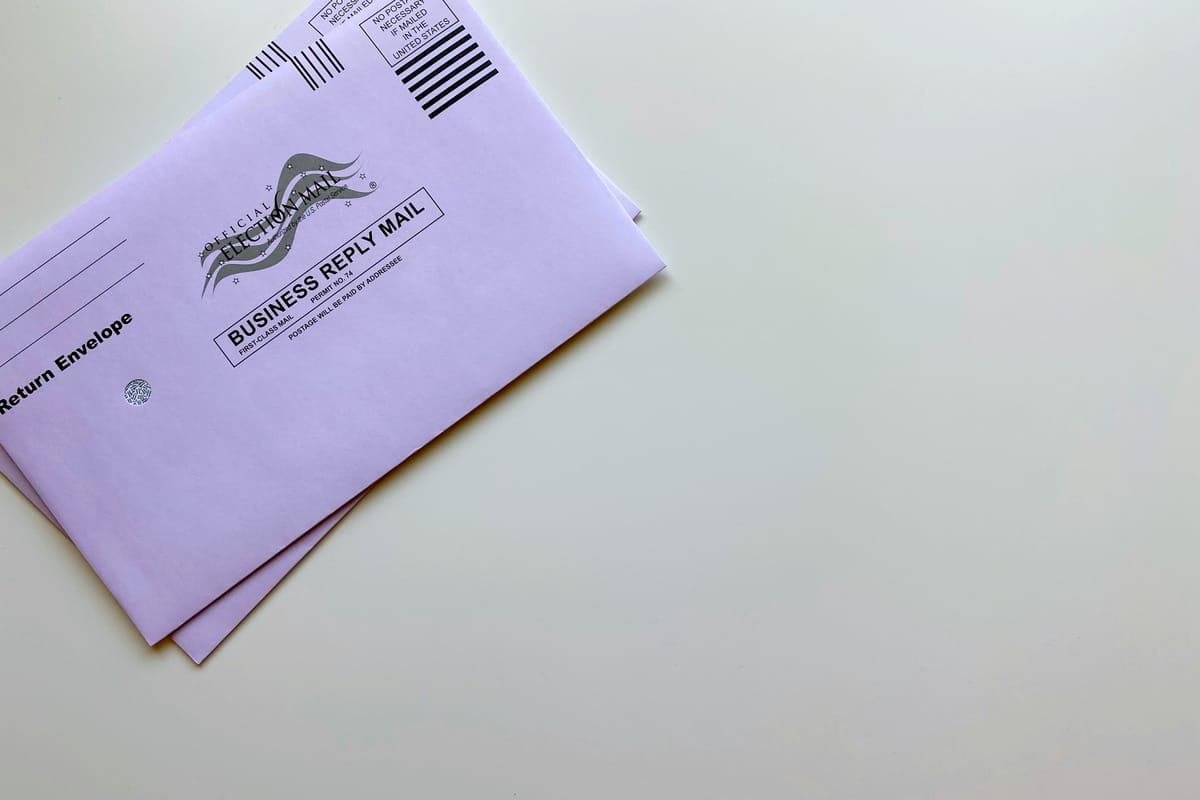Native American Voting District Survives Supreme Court Challenge

WASHINGTON — In a major victory for Native American voting rights, the U.S. Supreme Court has upheld the North Dakota House District 4A, a legislative subdistrict designed to ensure fair representation for Native voters. The January 13 ruling affirms a lower court’s decision that the district, which encompasses the Fort Berthold Reservation, complies with the Voting Rights Act.
A Battle for Fair Representation
The legal dispute began in 2022 when Republican officials Charles Walen and Paul Henderson filed a lawsuit seeking to dissolve House District 4A. The district, created during the 2021 redistricting process, was designed to give voters from the Mandan, Hidatsa, and Arikara (MHA) Nation a fair opportunity to elect a representative of their choice. Tribal leaders and individual voters pushed back against the lawsuit, arguing that removing the subdistrict would dilute Native votes.
MHA Chairman Mark N. Fox emphasized the importance of the district’s preservation. “The MHA Nation is pleased that the Supreme Court has upheld North Dakota’s voter redistricting legislation," Fox said. "This win strengthens the civil rights of every citizen in the state and allows rural and reservation voters an equal opportunity to elect the person they want to represent their community."
Court Challenges and Legal Victory
Despite strong opposition, the lawsuit progressed through the courts. In November 2023, the U.S. District Court for North Dakota ruled in favor of the MHA Nation and the state, stating that eliminating the subdistrict would violate Section 2 of the Voting Rights Act. Plaintiffs then appealed to the Supreme Court.
Unexpectedly, during the appeal process, North Dakota’s Attorney General asked the Supreme Court to overturn the state’s own legal victory, a move that left the MHA Nation and Native voters to defend their rights alone. Legal experts and advocates criticized the shift in position, calling it an attempt to undermine hard-won voting protections.
The Supreme Court ultimately upheld the lower court’s ruling, ensuring the continued existence of District 4A. “Protecting the new MHA subdistrict was important because we have fought so hard to be able to exercise our right to vote in North Dakota,” said plaintiff Cesareo Alvarez, a citizen of the MHA Nation.
A Step Forward for Native Voting Rights
The case is a significant moment in the fight for Native voting rights. Tribal citizens have long faced obstacles to fair representation, including a lack of public hearings on reservations during redistricting. The Supreme Court’s decision reinforces legal protections designed to prevent racial vote dilution.
“This decision will positively impact North Dakota and the lives of everyone who lives on the reservation for years,” said Representative Lisa DeVille, who was elected to serve House District 4A. “Representation matters and I will continue to work hard to have our voices heard.”
Advocacy groups, including the Native American Rights Fund (NARF) and the Campaign Legal Center, celebrated the ruling. NARF attorney Michael Carter stated, “This order shows that claiming racial discrimination that results in stripping voting power from Native Americans will not be tolerated. Native voters in this part of North Dakota finally have a voice in the state legislature.”
With this Supreme Court ruling, Native voters in North Dakota have secured a critical win, ensuring their community remains represented at the state level. The decision sets a precedent for future voting rights cases, reinforcing the importance of fair districting in American democracy.
